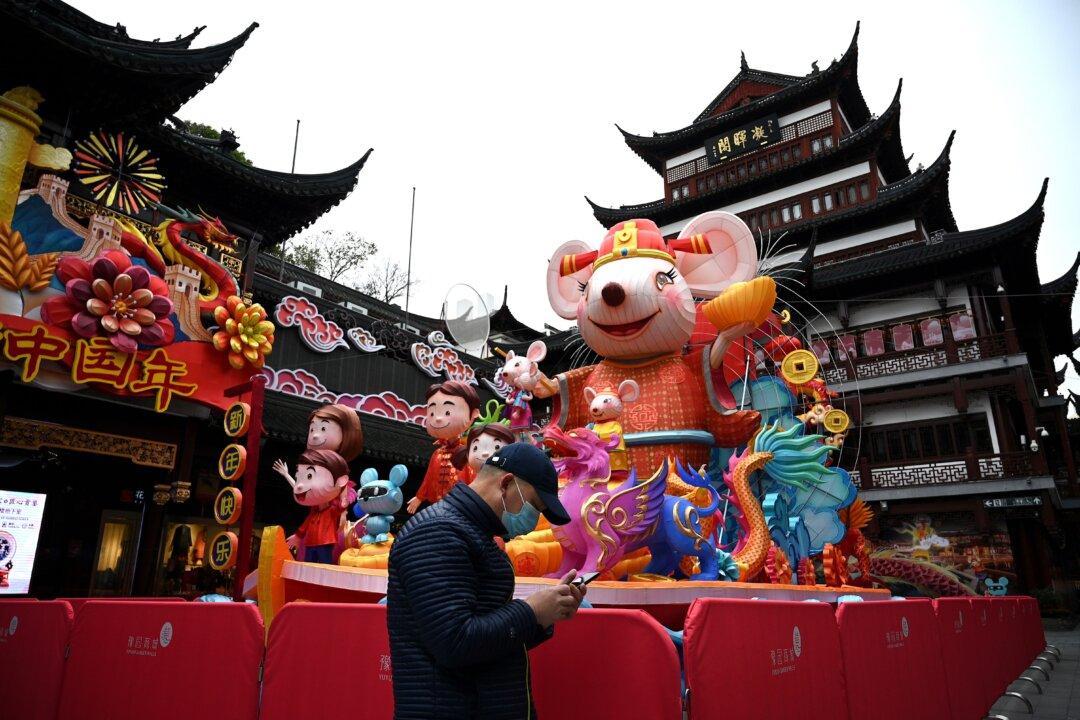Commentary
One topic has now set tongues wagging in the world of Chinese intellectuals. According to the Chinese astrology chart, 2020 is the year of Geng-Zi, or the metal rat, which comes once every 60 years.

One topic has now set tongues wagging in the world of Chinese intellectuals. According to the Chinese astrology chart, 2020 is the year of Geng-Zi, or the metal rat, which comes once every 60 years.